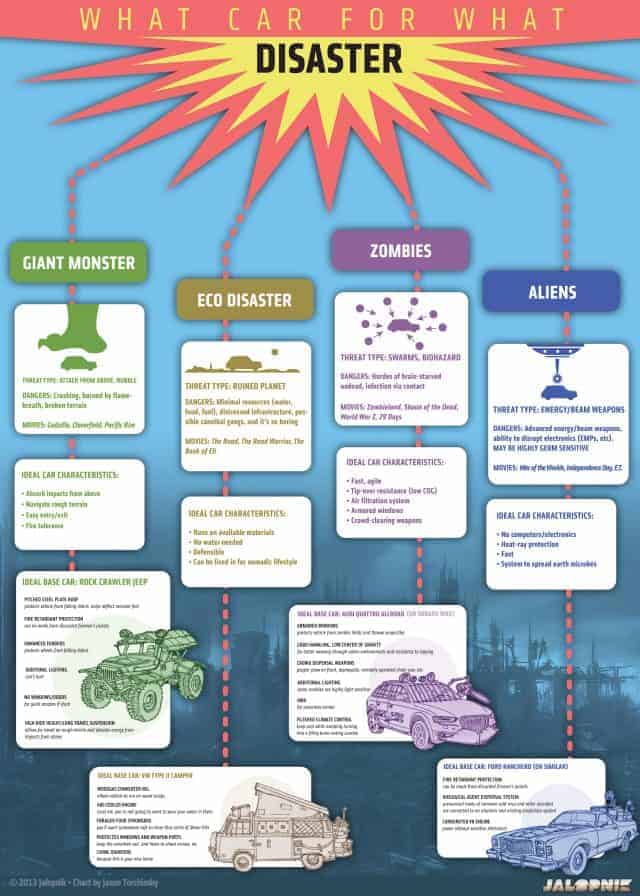Heat Pump Vs Furnace - Which Is The Better Heating Choice For Your Home?
Heat Pump Vs Furnace - Which Is The Better Heating Choice For Your Home?
Blog Article
Developed By-Hjelm Sims
Lots of homeowners recognize with heating systems, which warmth homes with oil or natural gas and push hot air with ductwork. They are reasonably economical and can provide trustworthy home heating also during a wintertime power blackout.
Nonetheless, they use fossil fuels and create carbon monoxide gas and various other air contamination. They also aren't as energy-efficient as a high-efficiency heat pump.
Cost
Usually, heat pumps are a lot more cost effective to run than heaters. They commonly make use of power and refrigerant to remove warm from outdoor air, and afterwards transfer it right into your home. You can capitalize on less expensive power prices throughout off-peak hours to additionally decrease your home heating costs.
Unlike heatpump, gas or wood-burning heating systems utilize burning to generate heat, giving off flue gases right into the environment that can be dangerous to your wellness. These heaters are also much less energy-efficient than heat pumps, and their greater operating expense can accumulate with time.
Heaters are a lot more complex than heatpump and require normal maintenance to make certain the correct feature of all parts. Regardless of this, they have a tendency to last longer than heatpump with a regular life expectancy of two decades or even more. Nonetheless, you'll require to consider the cost of gas, gas oil or timber and the additional equipment needed for installation and procedure such as air ducts and air flow systems.
Power Effectiveness
Heatpump have a greater power efficiency rating than heaters. These systems utilize electrical power to feed on heat from the air, also in freezing temperatures. They can likewise remove excess heat from the home throughout warmer months and recycle it to cool down the system. Provider specialists can assist you figure out the very best design for your online on climate and resource power prices.
Heaters shed gas oil, propane, natural gas or various other kinds of nonrenewable fuel source to warm the air in the home. This air is then distributed with ductwork making use of a huge fan. Heating systems produce greenhouse gases and need routine upkeep and equipment upgrades to guarantee secure operation.
The largest advantage of a heating system is that it can be run even in extreme winter season problems because it does not count on exterior temperatures to heat the air. Furnaces likewise have a longer life expectancy than heatpump and usually last 15 years. They can additionally be paired with dual gas options, which pick the most reliable heating option based on the climate.
Climate
Heat pumps work well in modest climates and utilize less source energy than heaters. Nonetheless, if just click the following document is extremely cool, you might require to buy a conventional gas heating system rather.
Furnaces offer cozy, relaxing warm and usually offer rapid heating to increase interior temperature levels. These systems can be made use of with a selection of gas kinds, consisting of natural gas, propane, oil or power.
They take in a lot more energy than heat pumps-- up to 3x as much-- and need ductwork that's costly to mount or retrofit. They're likewise more expensive to maintain, as they can create air quality issues and produce greenhouse gas emissions.
If you're committed to lowering your carbon impact, a heat pump is an excellent choice for your home. They have fewer greenhouse gas exhausts than furnaces, especially if you pick an ENERGY STAR ® heatpump. Your neighborhood Provider professional can describe the distinctions between these two heating unit and assist you make the most effective choice for your distinct requirements.
Personal Preferences
Furnaces can be very energy reliable when powered by natural gas, propane or oil, but they aren't as power efficient as heat pumps in frigid climates. They can additionally be extra costly to mount, requiring gas lines and ventilation systems.
Nevertheless, heaters often tend to call for much less maintenance, which can lead to lower ongoing expenses. https://www.achrnews.com/articles/143857-what-to-include-in-an-hvac-estimate create fewer greenhouse gases and are more reputable than heat pumps during severe climate.
Electric heatpump are a lot more flexible in creating indoor convenience due to the fact that they can also serve as a/c throughout warmer months. They can be more convenient to keep, calling for only regular air filter changes and periodic vacuuming.
If you prefer the comfort of a solitary system that does it all, consider a hybrid home heating service that sets a heater with an electrical heat pump. These systems can automatically change between the two home heating options based upon your home's demands and temperature conditions, taking full advantage of effectiveness and financial savings.